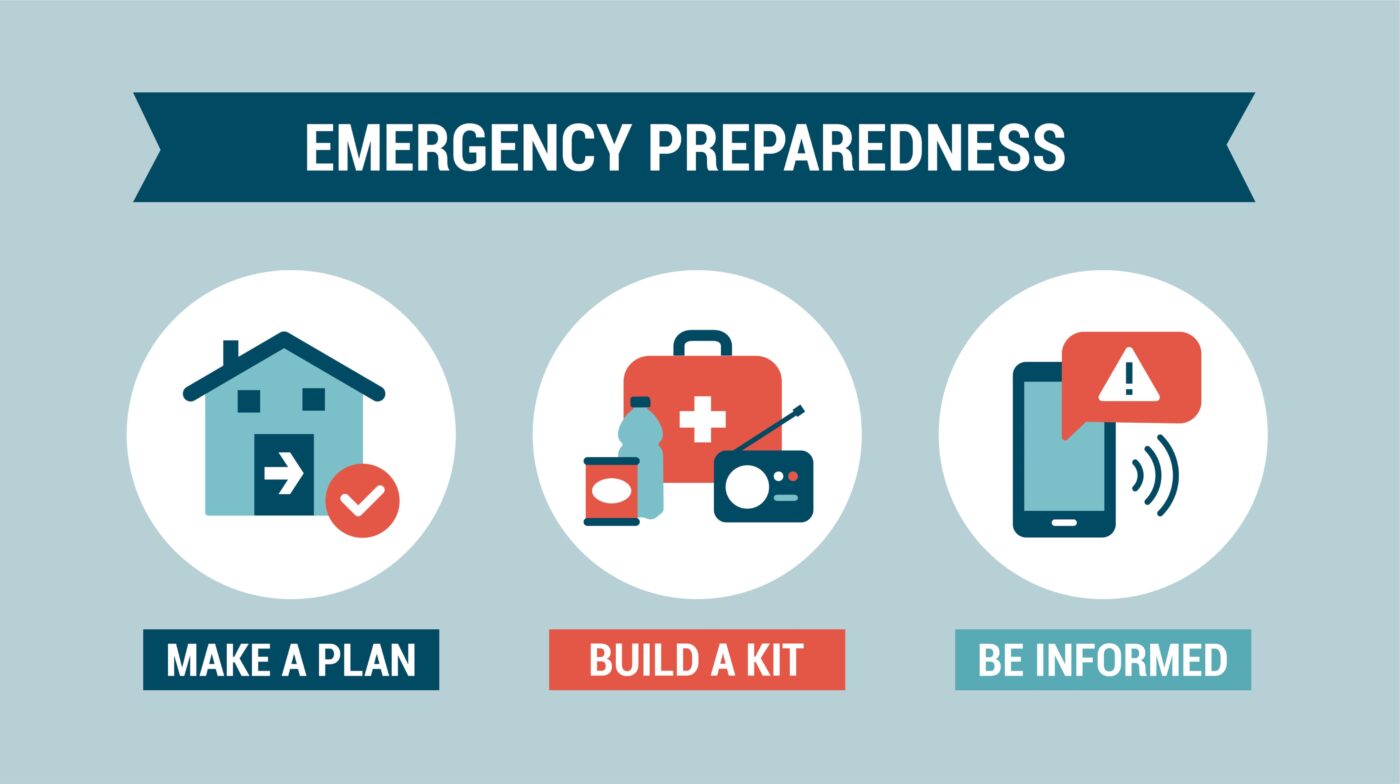
Are you prepared in the event of an accident or emergency on your farm?
Without being too dramatic, being prepared may save a life.
Farms are known to be a major site for workplace injuries and mishaps so as well as taking all the necessary occupational health and safety precautions, it is also vital to think about being prepared in case of an emergency.
Here is a great website:
https://farmsafe.org.au/emergency-preparedness
Being prepared for farm emergencies and being able to provide first aid is critical.
Being prepared for farm emergencies includes having:
- Well stocked first aid kits
- people trained to provide first aid, including cardiopulmonary resuscitation (CPR)
- effective farm communication devices, and
- an Emergency Contact Card beside phones and two-way radios to help contact emergency services and to give directions.
First Aid Kits
When buying a First Aid kit for the farm, the kits should be suitable to treat the types of injury that occur and the number of people that work on the farm. These injuries include:
• snake and spider bites
• sprains, cuts, burns and broken bones
• crush injury to hands, feet arms and legs
• electrocution
• drowning
• eye injury
• amputation of arms and legs in unguarded PTOs, grain augers, post hole diggers and drivers
• quad bike crush injury
First Aid kits are available from St John Ambulance, Australian Red Cross, chemists, Stock and Station agents, hardware stores and rural supply companies.
First Aid Training
Keeping hearts beating, lungs breathing and stopping bleeding save lives. Prompt and appropriate First Aid is important. There are many organisations and private trainers who deliver First Aid training including Australian Red Cross, St John Ambulance, local TAFE colleges, Rural Fire Services and many local private training providers.
Farm Communication
Farm work is quite often done alone, at night and long distance away from home and help. Good farm communication with two-way radios, mobile phones and Personal EPIRBS (emergency beacons) can alert and get help to injured people.
Make sure there is radio or mobile communication with people who are working alone, where they are working on the farm, what route they travel and when they are expected home.
This can help find an injured person or give directions quickly in an emergency.
Emergency Plans
Getting injured people to hospital and doctors for medical help quickly reduces the effects of injury and increases the likelihood of a person surviving severe injury, heart attack and drowning.
Plan for emergencies that include fire, flood, storm, machinery accidents and chemical poisoning. Test the emergency plan with family and workers so everyone knows what to do.
Emergency Card
Have an Emergency Card with contact details and directions to the farm beside phones and two-ways.Download the emergency card template
In an Emergency, dial 000 for help from ambulance, police or fire brigade.
